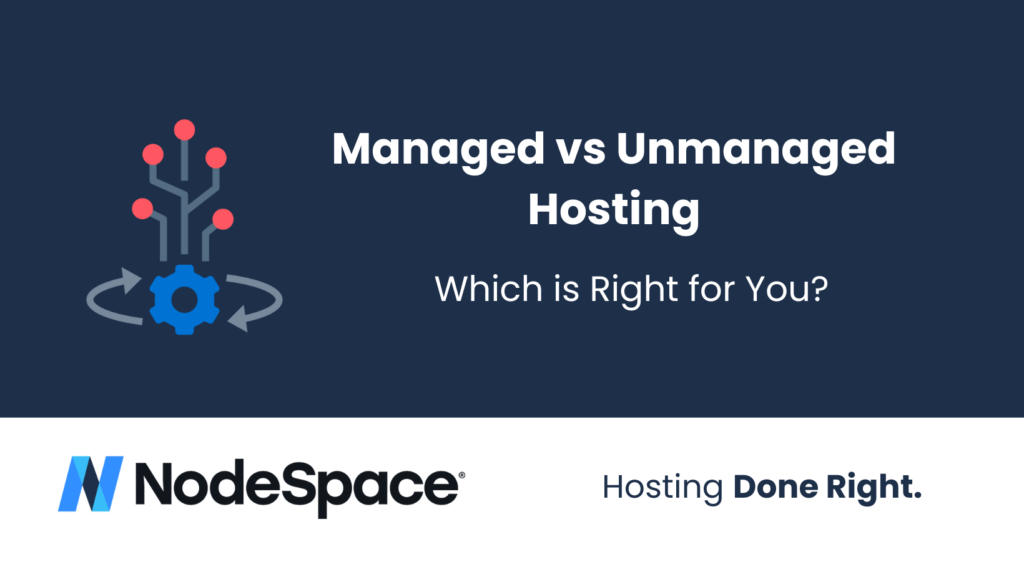When launching a website or an online application, one of the crucial decisions you have to make is choosing the right hosting solution. Two popular options are managed and unmanaged hosting. Understanding the differences between these options can help you make an informed decision. In this blog post, we will delve into the distinctions, pros, and cons of both.
What is Managed Hosting?
Managed hosting is akin to a concierge service for your website. The hosting provider takes care of all the technical aspects, including:
- Server Maintenance: Regular updates, patching, and general server upkeep.
- Security Measures: Implementing firewalls, malware scanning, and SSL installation.
- Backup Solutions: Regular backups of your website data to prevent data loss.
- Optimizations: Performance tuning to ensure that your site runs smoothly.
- Support: 24/7 expert support for any technical issues.
Pros of Managed Hosting:
- Hassle-Free: Ideal for those who don’t want to dive deep into server management.
- Expert Support: Dedicated professionals handle technical issues.
- Optimized Performance: Managed services often include performance enhancements.
- High Security: Frequent security audits and measures to keep threats at bay.
Cons of Managed Hosting:
- Costlier: Typically more expensive than unmanaged hosting due to added services.
- Less Control: Some might feel the environment is too restrictive or lacks customization.
What is Unmanaged Hosting?
Unmanaged hosting is like renting an empty apartment. You’re provided with the essentials (the server and network connection), but everything else—setting up, maintaining, and troubleshooting—is up to you.
Pros of Unmanaged Hosting:
- Full Control: You get to decide how your server is set up and optimized.
- Cost-Efficient: Generally less expensive since you’re not paying for the added management services.
- Flexibility: Ideal for those with specific needs or configurations not offered by managed solutions.
Cons of Unmanaged Hosting:
- Time-Consuming: Requires technical know-how and can be time-intensive.
- No Direct Support: You’re mostly on your own; any misconfiguration can lead to site downtime.
- Security Risks: Without proper expertise, your site may be vulnerable to attacks.
Which One is Right for You?
- Managed Hosting is best for:
- Beginners with little technical knowledge.
- Businesses that prefer focusing on their core operations rather than server management.
- Those who want a hassle-free hosting experience with expert support on standby.
- Unmanaged Hosting is best for:
- Tech-savvy individuals or teams who prefer having full control over the server.
- Those on a tight budget and have the time to manage and troubleshoot their servers.
- Enterprises with specific, unique hosting needs.
Conclusion
Both managed and unmanaged hosting have their own merits. Your choice should align with your technical proficiency, the level of control you desire, and your budget. Regardless of your choice, NodeSpace offers servers with both managed and unmanaged options. You can easily change your server to a managed or unmanaged server easily by a click in your customer portal.



